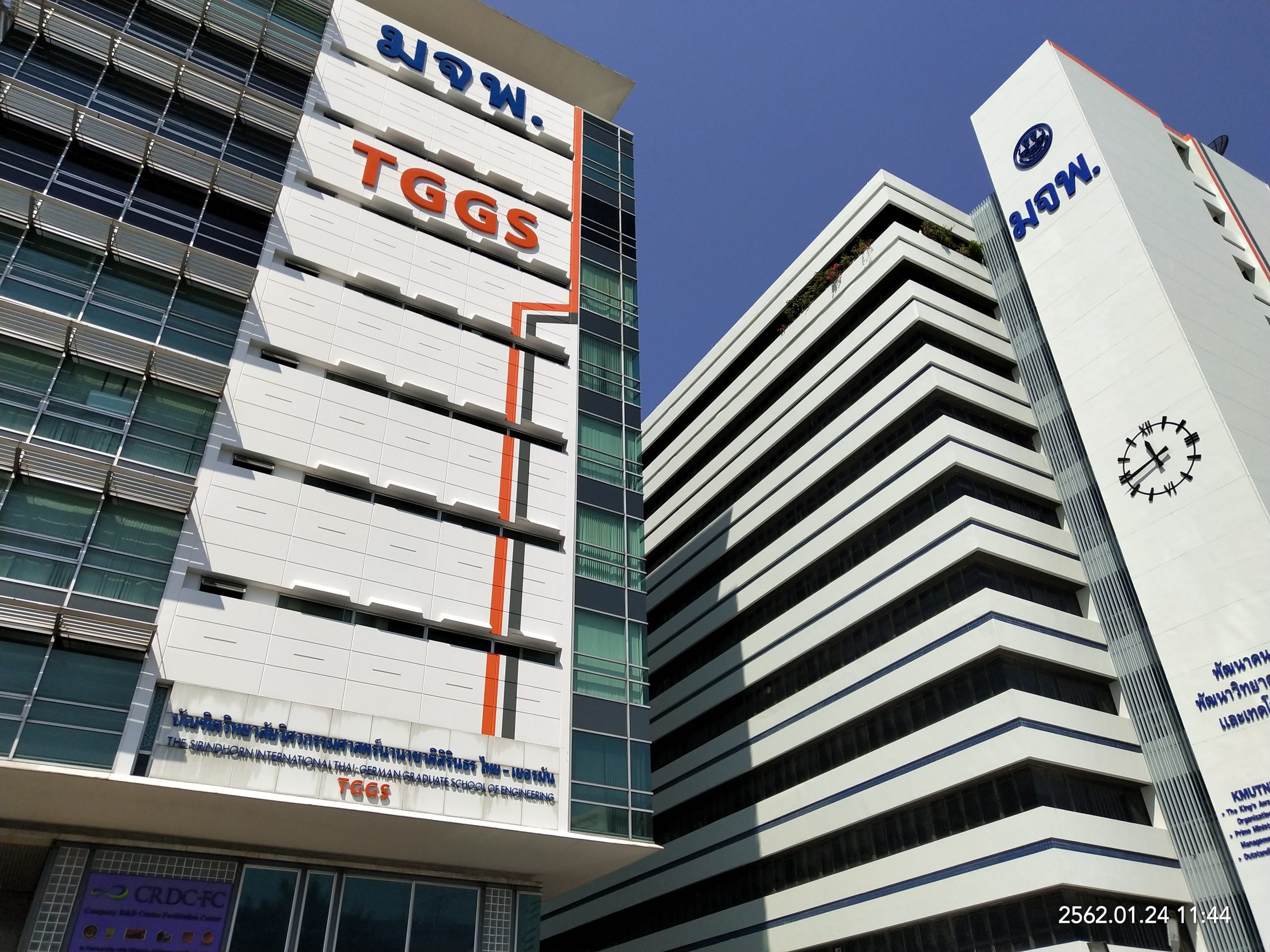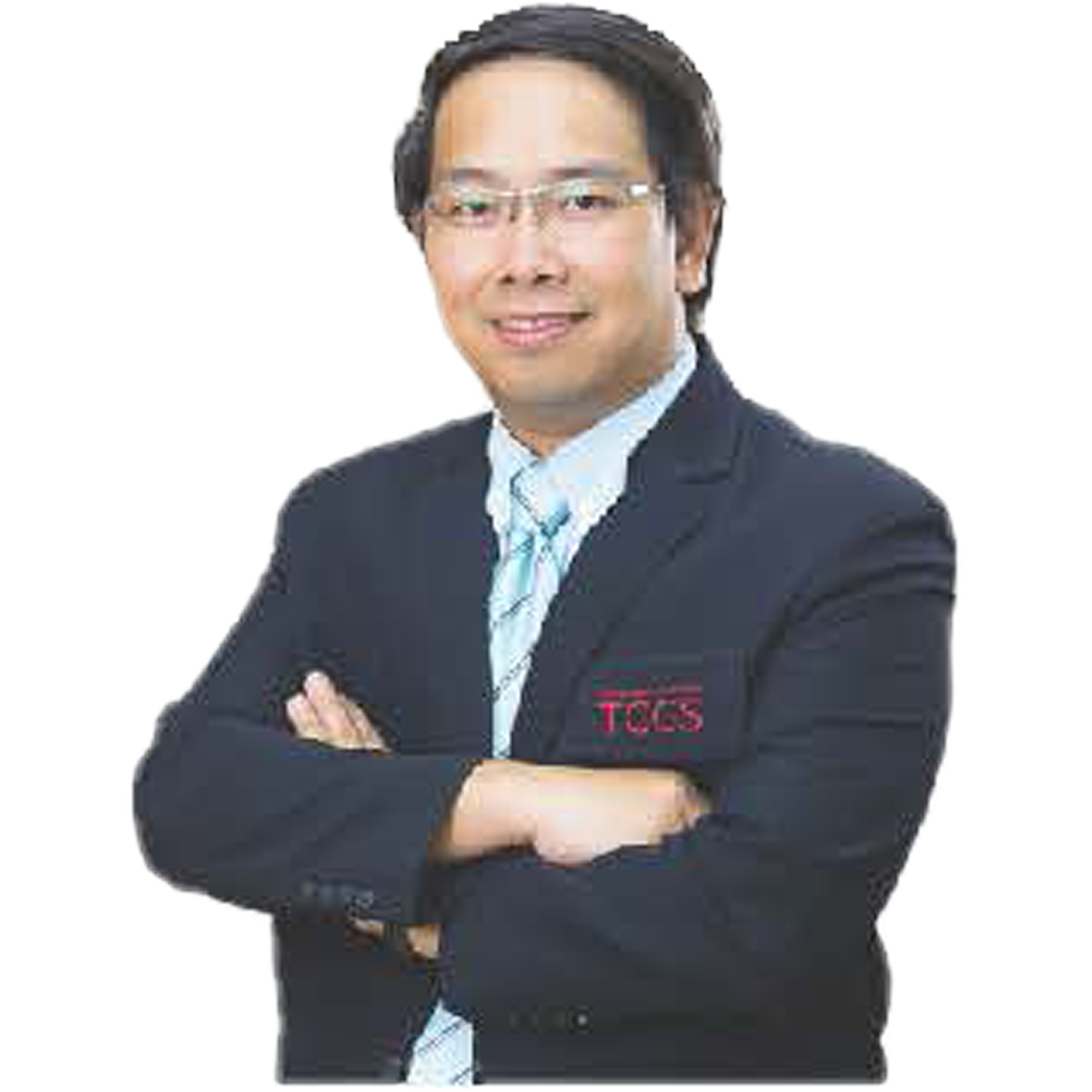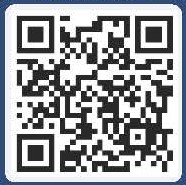| 2 Days Seminar | ||
RF – 101 TRAINING COURSE |
||
Introduction to Radio Frequency and Microwave Technology |
||
Learning OutcomesThe Course Introduction to Radio Frequency and Microwave Technology (RF – 101) is a fast-paced and intensive training program designed specifically for engineering professionals. |
Main Instructor
Assoc. Prof. Dr.-Ing. Suramate Chalermwisutkul King Mongkut’s University of Technology North Bangkok |
|
Key BenefitsCondensed overview of microwave engineering priciples
Gain a solid foundation in RF and microwave engineering to apply in scientific work Hand-on training Certificate of completion |
Save the Date!!
25 – 26 September 2023 9:00 am. – 4:00 pm. Limited Seats!! Scan QR code for more information and registration
|
|
| Line: @Irct | Website: www.irct.co.th | |
|
|
||
Course Outline |
||
Introduction to Radio Frequency and Microwave Technology (RF – 101) |
||
Learning outcomesUpon successful completion of this course, attendees will possess a comprehensive st of skills and knowledge in microwave engineering as well as understand and apply fundamental principles of microwaves interpret and analyze network parameters and S-parameters for device characterization, unilize the Smith Chart for impedance matching and transformation, and confidently engage in discussions and ask questions regarding microwave engineering principles. |
||
|
Day 1 Session 1: Inroduction to Microwaves and Network Parameters
Session 2: Hands on session on Microwave Measurement Techniques
|
||
|
Day 2 Session 3: S-parameters and Measurement Techniques
Session 4: Hands on session on Microwave Measurement Techniques
Session 5: Knowledge test for the certificate |
||



